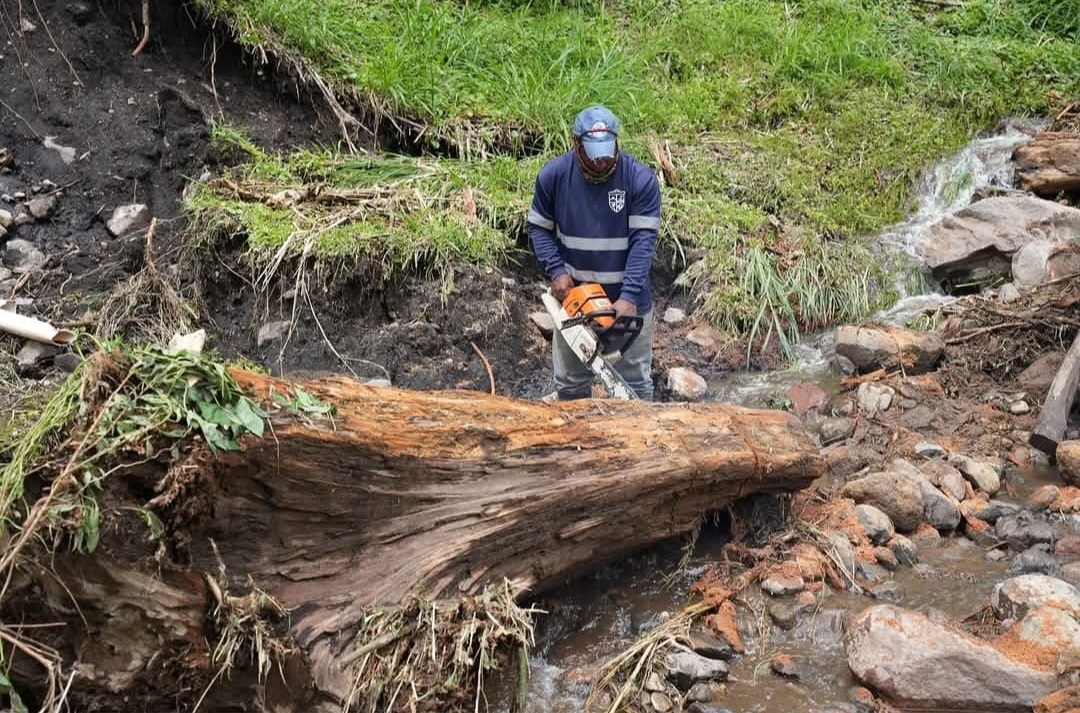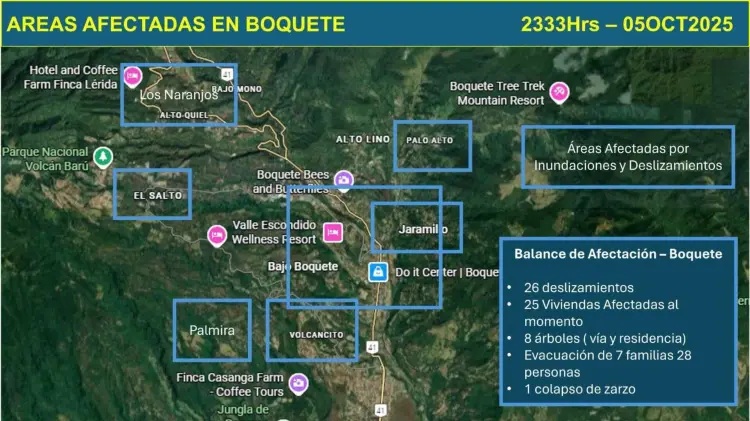What Should You Do if There Is an Issue with Your Settlement Check in Florida?

A settlement check marks the final phase of a legal claim, allowing accident victims to access the compensation they are entitled to receive. In Florida, this money can help pay medical bills, replace lost wages, or assist with recovery.
When issues occur, a delay can result in severe anxiety. Knowing how to respond is vital if you are waiting for your personal injury settlement check.
Common Problems with Settlement Checks in Florida
Settlement checks are sometimes delayed and rarely without issue. Common problems include:
- Processing delays with insurers or attorneys.
- Errors in the amount of the check or payee.
- Holds at the bank for extensive checks, which can take several days.
- Liens attached to the settlement, i.e., medical or insurance claims.
Each of these situations can delay your access to funds. Knowing what type of problem, you are experiencing can help determine how best to address it promptly.
Legal and Administrative Obligations in Florida
The law in Florida defines the expectations for insurers. Once a settlement offer is confirmed, the insurer generally has 20 days to issue payment unless otherwise agreed. Often, attorneys receive the check into a trust account, where the funds are deposited until the cash has cleared before the client is paid.
Liens can be an additional complication regarding time. If repayment to the hospital, Medicare, or Medicaid is required, it may have to be resolved before you can receive your share of the settlement. This portion of the process consists of rules to follow at the state or federal level to stay proper.
The Florida Bar has informed lawyers that there are ethical concerns about handling client/property liens and disbursing payments in a reasonable time frame. The underlying concern is that the lienholders can go after their rights if the lawyers do not follow the proper payment schedule.
Steps to Take When Problems Occur
Your first responsibility when there is a lapse and delay is to take all reasonable steps.
- Contact your lawyer (after all, it is his/her case). Know where the problem lies, whether with respect to the insurance paper he/she is holding, the bank, or the eventual half dozen or more parties needing to deal with client liens.
- Obtain written correspondence from the insurance. Document and clarify when the timelines are coming in to be paid.
- Check the mechanics of the lien, as perhaps the insurance-covered medical providers or insurers may be waiting for releases.
- If you deposited a large check and the bank is holding the money, comply with the bank’s policy.
- Keep written records of each telephone call and/or electronic correspondence (date and person referred to).
The only way to assert your rights is to intervene, as in many instances, settlement check issues are simply administrative errors. By intervening, you are taking proper action by redirecting the attention of the matter with a follow-up as soon as possible.
When to Follow Up in Florida
Sometimes being assertive does not have its intended effect. As noted earlier, if an insurance company is delinquent and out of statutory time frames, you may be left with only the choice of resorting to alternative dispute resolution.
Your lawyer can file a motion to enforce and compel the insurance company to at least legally forward you your settlement funds through the proper court process. Alternatively, you could file a complaint regarding the insurance company with the Florida Department of Financial Services, which regulates business practices in Florida insurance.
While these processes are not without costs, they do offer leverage when amplification is due. The use of follow-up generally does not dramatically inflate the rapid turnaround time of claims, as does your pro se litigious status, but it does enhance all the protections you have under Florida law to your rights as a claimant in your injury claim case.
Protecting Yourself from Future Settlement Check Problems with Future Claims
Preventing problems is often easier than solving them. To safeguard yourself:
- Review settlement agreements carefully before signing.
- Confirm timelines for payment in writing.
- Monitor lien resolution closely.
- Choose an attorney who explains each step of the process.
By setting clear expectations and keeping thorough records, you reduce the chance of future delays. Preparedness helps ensure settlement funds reach you without unnecessary complications.
Protect Florida Rights and Peace of Mind
Settlement amounts can extend, the nature and degree of which determine how efficiently and quickly you can move on after a car accident or crash. Delays regarding money can be frustrating and negatively impact your peace of mind.
Most logistical issues and concerns are usually resolved, as most crises are more of a troubling inconvenience for difficult or busy settlement lawyers.
Knowing that Florida is always ethical, with reasonable follow-up, and knowledge of when and how to amplify (and cut through) prescribed or second linear routes gives rise to saving time, difficulty, energy, and money.
The Key Takeaways
- Settlement checks take time, and do not hurry through yourself, your administrative errors, liens, or bank holds.
- Timeliness of payment disbursements is required under Florida law.
- Various escalation options exist within and outside of lawyer and pro se representation when lawyer representation fails to achieve the basic Ombudsman level of communication and returns to you what is owed.





